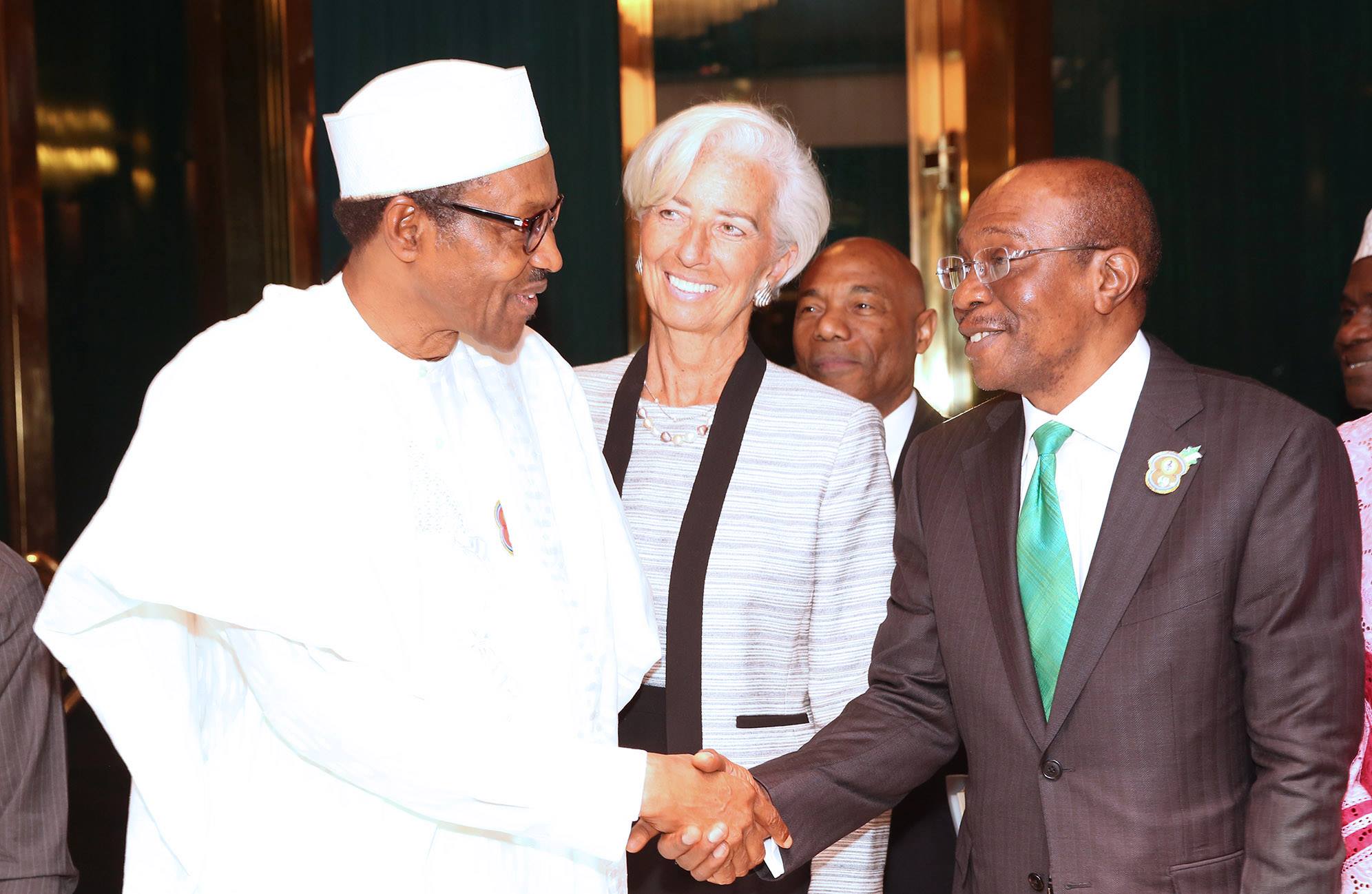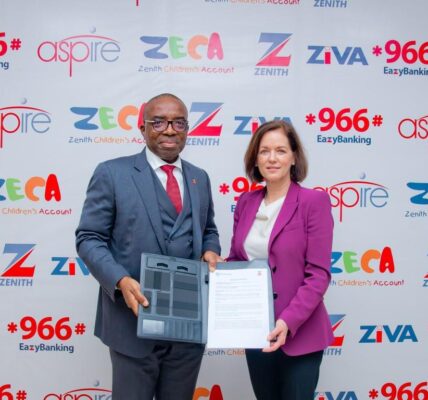Just as the Federal Inland Revenue Service (FIRS), has disclosed that it generated N778.19 billion revenue in the first quarter (Q1) of 2017, deeper review of the earnings indicates no straight flow of increments amongst different kinds of taxes collected by the federal government, an indication of more work to do by the agency.
However, this may have informed the recent introduction of Community Tax Liaison Officers (CTLOs) by the Ministry of Finance to drive tax education and awareness across all segments of the population. The new scheme is drawing recruits from the N-Power programme, a poverty alleviation and social empowerment project of the government.
A breakdown of money collected by FIRS on behalf of the apex government showed observable back and forth flow of earnings when first quarters of last year and this year are placed on the table of quarter-on-quarter comparison.
For example, in Petroleum Profit Tax (PPT), whereas government raked in N338.3 billion as PPT between January and March, in same quarter in 2016, it collected only N176.7 billion.
Similarly, Value Added Tax, VAT, revenue increased from N198.7 billion in first quarter of 2016, to N221.37 billion in first quarter of 2017.
However, the biggest improvement was from education tax collection, which the FIRS surpassed in 2016 by 311.7 per cent as it made N33.9 billion in Q1 2017 and N8.24 billion generated in the same period of 2016.
FIRS did not record any improvement in Company Income Tax and Capital Gains Tax collections. The service collected N155.6 billion as Company Income Tax in first quarter of 2017, while it collected N166.85 billion in the same period of 2016.
Within the period under review, it generated from Capital Gains only N110.9 million in 2017 as against the N859.1 billion in Q1of 2016.
Aside the drop in the two segments above, other sub segments recorded rise as FIRS report showed a sharp rise to 284.3 per cent in Stamp Duty collections, as it generated N3 billion in first quarter of 2017, against the N785 million generated in 2016.
There is also marked growth in consolidated tax revenue in the first quarter of the year grew by 123 per cent, from N11.5 billion in 2016 to N25.7 billion in the same period of 2017.
The service also recorded success in boosting its collection of National Information Technology Development Fund (NITDEF) levy, which went up from N129 million in 2016 to N179.2 million in 2017.
In a statement accompanying the report signed by the FIRS Chairman, Babatunde Fowler, “The analysis shows that we have recorded an increase of N214 billion, representing an overall increase of 38 per cent in 2017, when compared with the collection performance of the corresponding period in 2016”.
“We attained this collection performance in spite of several challenges, as we have continued to vigorously pursue our strategies internally, while improving collaboration with relevant stakeholders to boost our collections.
“The strategies put in place are still on course and progressively yielding,” according to Fowler.
It will be recalled that the FIRS Chairman, Babatunde Fowler, pledged to improve tax collection by capturing more people and companies under the tax net.
According to him, about four million individuals have been included in the tax net in April this year, thus, increasing the total to about 20 million individuals with a gap of about 40 million taxable individuals and corporate organisations both in the formal and informal sectors.
The agency and Minister of Finance are upbeat that the new CLTO scheme may aid the needed build up of Nigerian tax basket as soon as possible.









